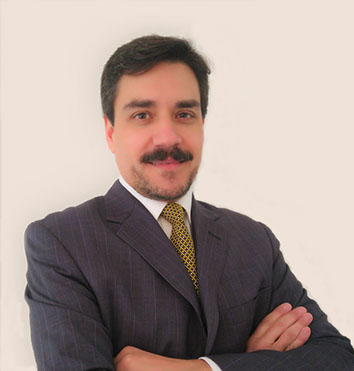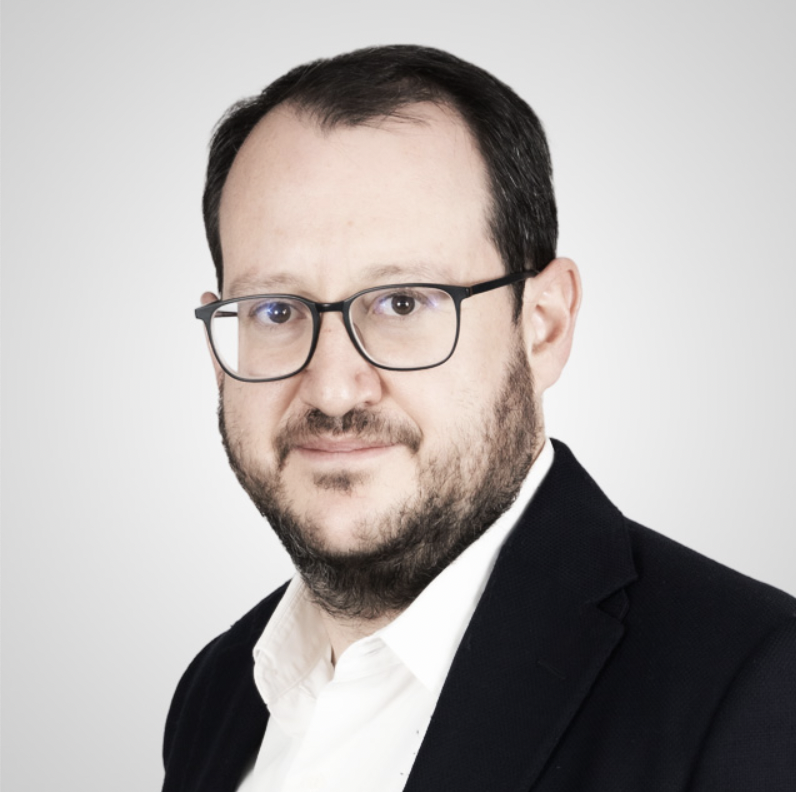A Renewed Iran Nuclear Deal Would Have Mixed Effects on Latin America, Experts Say
The entrance of Iran as a potential market of interest for investors, especially in the oil sector but also in the trade sector, could push investors away from Latin America into Iran’s hands, expert says
To hear an in-depth discussion in Spanish on Latin America and the Iran nuclear deal, listen to The Media Line’s new Spanish-language podcast, Medio Oriente 123, hosted by Debbie Mohnblatt. In the first episode, Mohnblatt is joined by Dr. Paulo Botta, director of the Executive Program on the Contemporary Middle East at the Pontifical Catholic University of Argentina, and Dr. Daniel Linsker, Latin American political analyst and regional director for Mexico, Central America and the Caribbean at Control Risks.
EU foreign policy chief Josep Borrell said on Wednesday that he was hopeful of reviving the Iran nuclear deal within days.
“I am hoping that in the coming days we are not going to lose this momentum and we can close the deal,” he said, following an informal meeting of European foreign ministers in Prague.
Likewise, US National Security Council spokesman John Kirby told reporters at a Washington press conference on Wednesday, “We do believe we’re closer now than we have been in certain recent weeks and months due in large part to Iran being willing to drop some of their demands that were not related to the deal at all.”
The Joint Comprehensive Plan of Action (JCPOA) originally signed by Iran and the P5+1 countries – China, France, Russia, the UK, and the US, plus Germany – in 2015, saw Tehran promise to halt its uranium enrichment in return for the lifting of stringent economic sanctions. In 2018, then-US President Donald Trump withdrew from the agreement, citing a lack of Iranian compliance, and reimposed sanctions on the Islamic Republic. President Joe Biden’s administration is eager to revive the agreement through indirect negotiations that are currently taking place in Vienna.
A revival of the JCPOA, which now seems imminent, could have economic and geopolitical impacts, both regionally and globally.
Dr. Paulo Botta, the director of the Executive Program on the Contemporary Middle East at the Pontifical Catholic University of Argentina and a researcher at the Center for Research and Strategic Studies of the Argentine Navy, explained to The Media Line some of the possible global economic effects that the revival could have.
If the deal is signed, he said, we will see in the short term a significant increase in the supply of oil. In the middle term – approximately the coming five years – we will probably see many international companies investing in Iran. Botta said this was a prudent time frame for judging whether the deal will stand.
Another effect of the JCPOA’s revival could be a decrease in the rate of inflation as Iranian products enter the market.
Give the gift of hope
We practice what we preach:
accurate, fearless journalism. But we can't do it alone.
- On the ground in Gaza, Syria, Israel, Egypt, Pakistan, and more
- Our program trained more than 100 journalists
- Calling out fake news and reporting real facts
- On the ground in Gaza, Syria, Israel, Egypt, Pakistan, and more
- Our program trained more than 100 journalists
- Calling out fake news and reporting real facts
Join us.
Support The Media Line. Save democracy.
Global effects of a renewed JCPOA may be reflected locally in Latin America, as well. On the positive side, the region may benefit from both decreased inflation and new investment opportunities in Iran. However, the deal may also bring increased Iranian competition for Latin American businesses in fields such as the oil industry.
Dr. Daniel Linsker, a Latin American political analyst and the regional director for Mexico, Central America, and the Caribbean at Control Risks, told The Media Line that Latin America could experience both direct and indirect effects due to a renewed Iran nuclear deal.
Linsker said that, based on the experience of the 2015 nuclear deal, the entrance of Iran as a potential market of interest for international investors could reduce their interest in investment opportunities available in Latin America. This indirect impact applied particularly in the oil sector but also in the trade sector, he said.
“Iran would turn into a rival for the attraction of the interest of the international oil companies,” he said, explaining that in Latin America, the hydrocarbon projects are very expensive and complicated, while Iran could offer projects that are very simple and inexpensive, with an infrastructure that is already partially developed.
He added that the expected drop in oil prices resulting from a renewed deal would hurt some Latin American oil producers, such as Venezuela, Mexico, Ecuador, and to a certain extent also Colombia and Brazil.
Linsker noted that Iran’s ties to the region could directly clash with US-Latin American relations.
The Russian invasion of Ukraine has caused a reconfiguration of ties between the Latin American countries with left-wing governments and the United States, he said.
“Even some of the most anti-American countries found themselves forced to take the US side in this conflict,” Linsker continued.
If Iran reenters the international community and becomes a country with which it is possible to have ties without necessarily being antagonistic to the United States and incurring sanctions as a result, it will probably be much easier for Iran and the interested Latin American countries to establish relations, said Linsker.
However, he added, historically the international community has looked had reason to view with significant criticism the kind of cooperation Iran has had with some Latin American countries, such as Venezuela, and what was being exchanged between them: from military technologies to offers of asylum and passports for members of armed groups such as Hizbullah.
There is a very high suspicion of Iranian involvement in the 1994 bombing by Hizbullah of the AMIA Jewish Community Center in Buenos Aires, and of a large coverup of Iran’s involvement by the Argentine government. The bombing killed 85 people and injured more than 300, making it to date the largest terrorist attack in Argentina’s history.
“It likely that if today Iran is reinstated in the international community, this kind of cooperation will be diminished because Iran won’t want to risk that reinstatement,” says Linsker.
“From the Iranian point of view, the price of sanctions has been very significant, and I think that in certain ways they are being careful of their actions,” he added.
However, Botta noted that the warming of relations between Iran and Latin American countries will not depend only on the fact that Iran will be a legitimate player in the international community, but also on the ideologies of the current administrations in the region.
Viewing Iran’s foreign policy toward Latin America over the last 20 years, he said, “We can see that Iran develops ties with governments and administrations but not with countries over the long term.”
Iranian ties with Latin American countries are very susceptible to changes in those countries’ administrations, he added, citing the important ties that Iran developed with Brazil in 2008-2009 while then-President Luiz Inácio Lula da Silva was in office, many of which disappeared when Lula left office.




